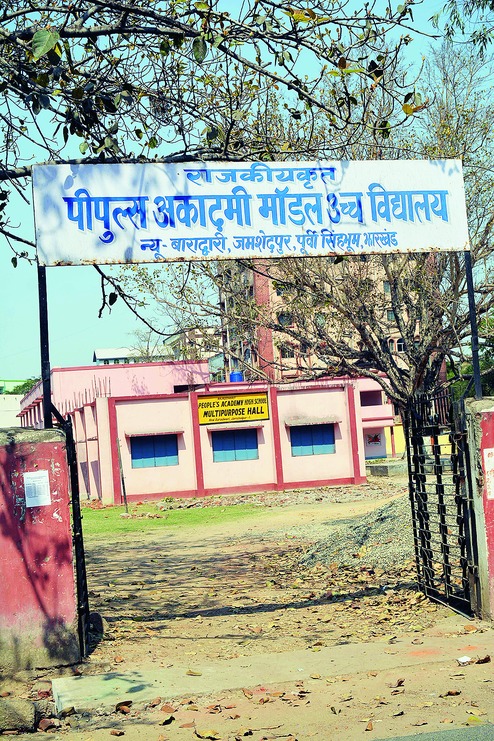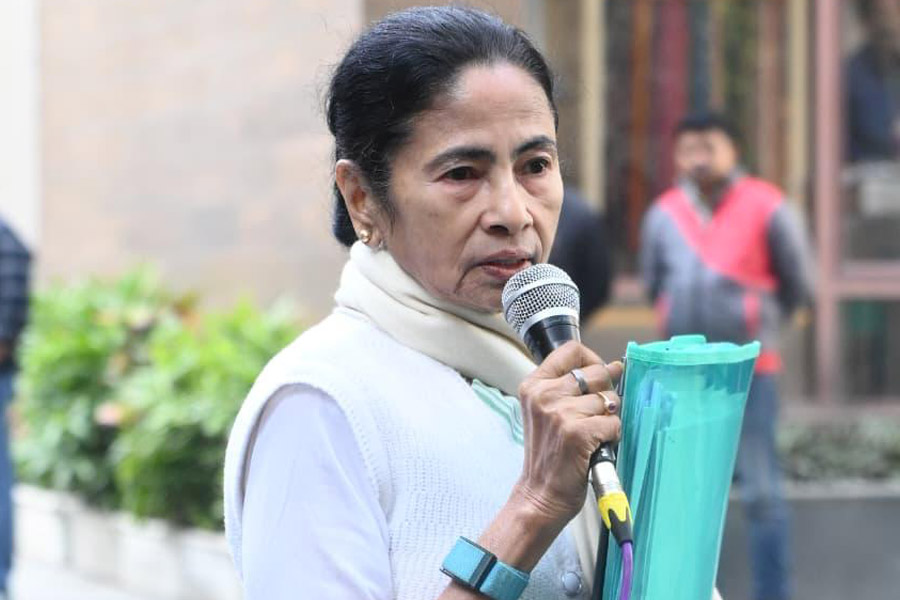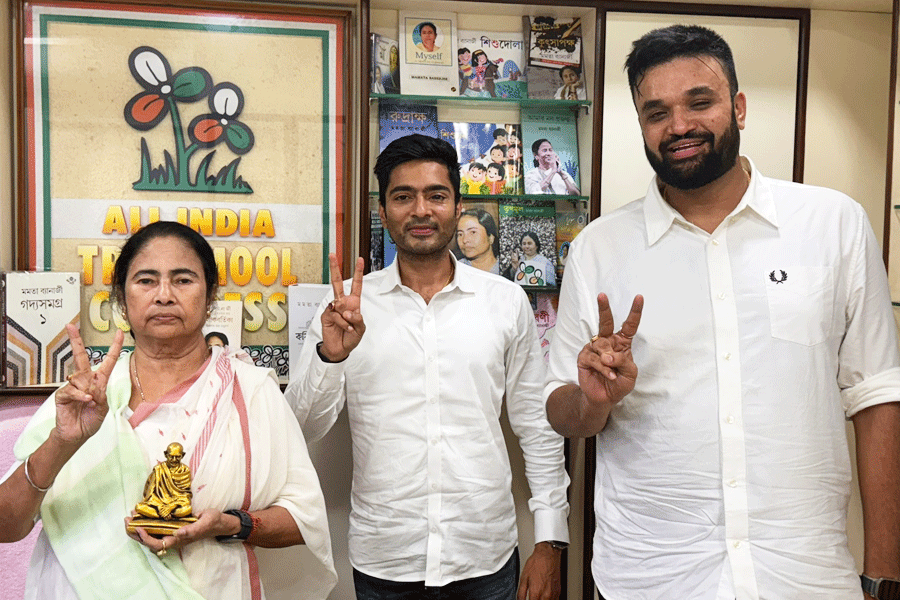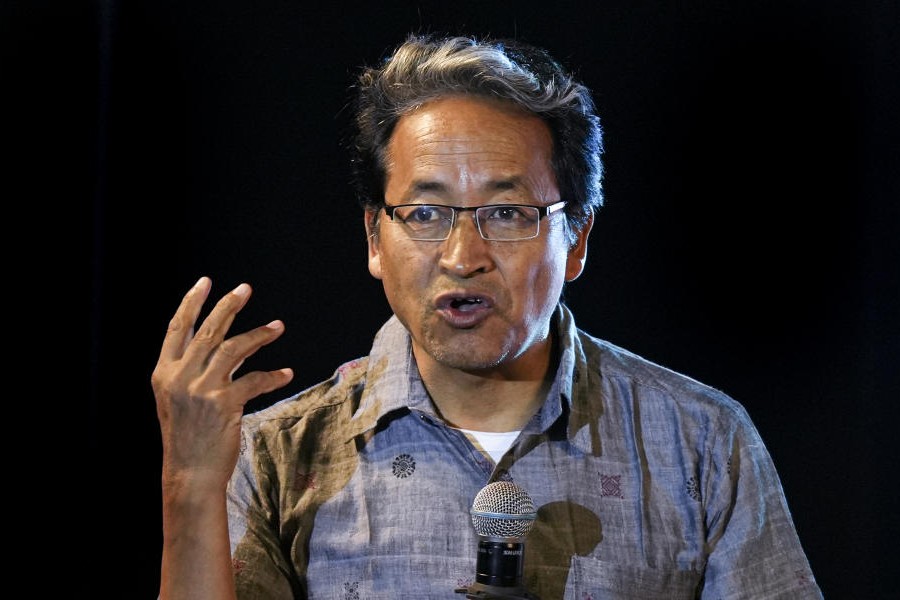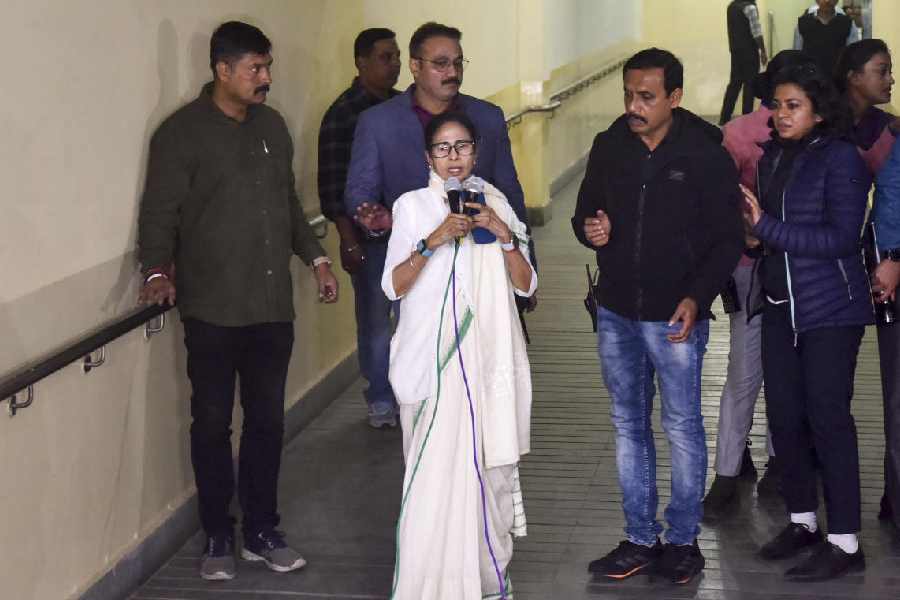
Jamshedpur: This April onwards, government-run schools of Jharkhand will digitally manage administrative work on HP Pro 8 tablets.
The state government under Gyanodaya scheme will distribute 41,000 tablets of 1 GB RAM and 16 GB memory installed with e-Vidya Vahini mobile application to 38,000 state-run schools to help teachers manage their administrative work, monitor attendance and assess the school's academic progress.
Training the master trainers will take place on March 22 in Ranchi. Then, master trainers, comprising e-district officers, e-block officers and high school representatives will train 30,000 teachers within a week.
The tablets will be distributed in the training programme so that teachers or headmasters get hands-on. Teachers are expected to use the new systems by April 15.
The Gyanodaya scheme and e-Vidya Vahini were launched by chief minister Raghubar Das last year. Developed by National Informatics Centre (NIC) and Jharkhand's IT department, the e-Vidya Vahini mobile app aims at real-time monitoring of schools and learning outcomes of children studying there.
Also, e-Vidya Vahini app will help the education department know accurate details of functioning of schools, such as attendance of teachers and children, midday meal service, admissions/enrolments, how many students drop out and when they drop out, among others. These have so far been manually done.
"This is an ambitious project of the state government that also serves the Centre's purpose of a Digital India. The app is ready but we are now working on linking biometric attendance system with tablets. This would be a one-stop solution for government schools. The control of tablets will be with the state IT and education departments," said Sachin Kumar, management information system co-ordinator, Jharkhand Education Project Council.
He added the app and the scheme at large would dovetail to NITI Aayog's decision to develop School Education Quality Index to measure the results of schools across the country and help measure the performance of school management and teachers' adaptability to technology.
Kumar added the tablets would be strictly meant for official use and be password protected.
Tablets allocated will depend on the number of students per school. Schools up to 200 students will receive one tablet, between 201 and 1,000 two tablets, between 1,001 and 2,000 three, and above 2,000 four. As the state government has decided to merge schools with very few students, schools with less than 30 students won't receive the tablets.
For principals and teachers, the new system would be a challenge, especially for those in remote areas or those not tech-savvy. But, Chandradip Pandey, principal of state-run People's Academy High School, Baradwari in Jamshedpur, said it was time to embrace digital technology. "Challenge or not, we have to keep pace with the times," he said.

